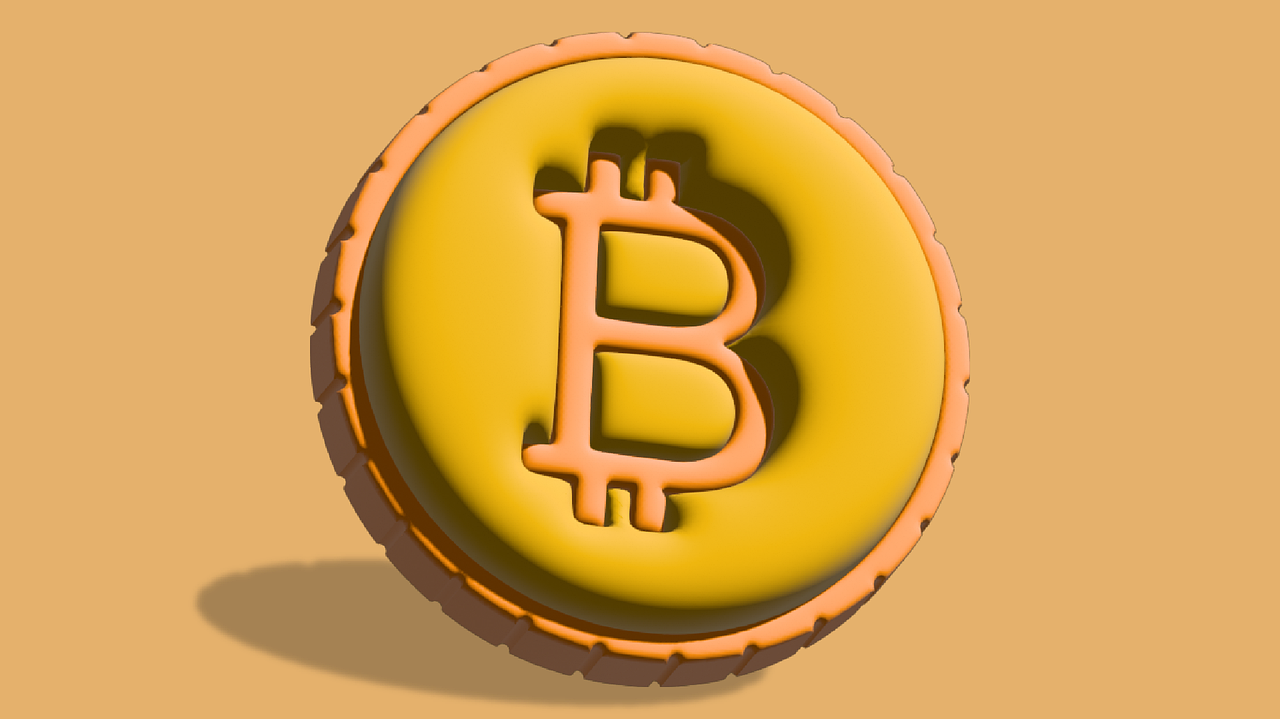Why Bitcoin is the Only True Free Market Currency
15.07.2024 7:00 1 min. read Alexander Stefanov
Jeff Booth, the author of "The Price of Tomorrow: Why Deflation is the Key to an Abundant Future," argues that Bitcoin (BTC) aligns with the natural state of the free market.
In a recent interview with Natalie Brunell, Booth emphasized that we should embrace a deflationary world, where technology enhances a currency’s purchasing power by reducing the cost of goods and services.
Booth views Bitcoin as revolutionary, seeing it as the only currency capable of fostering a system based on abundance.
He explains, “The natural state of the free market is deflation. Technology accelerates this deflation, allowing productivity to benefit us, enabling abundant lives. Anything that hinders this is a control system, not an economic or political system, essentially stealing from you.”
He predicts that all fiat currencies will depreciate against Bitcoin indefinitely since Bitcoin is designed to eliminate inflation.
“Bitcoin is unique in protecting against inflation. It’s not just a coin but a protocol bound by energy – it is open, decentralized, and secure. It doesn’t matter if you value it through manipulated currency; it just keeps advancing. Compared to Bitcoin, all prices will continue to fall forever because it’s the only truly free market force,” Booth concludes.
Booth’s perspective highlights Bitcoin’s potential to transform our economic system by promoting deflation and abundance, standing in stark contrast to the inflationary nature of traditional fiat currencies.
-
1
Esports Giant Moves Into Bitcoin Mining
05.07.2025 13:00 2 min. read -
2
Bitcoin Dominance Nears Key Resistance — Is Altseason Coming Next?
13.07.2025 17:00 2 min. read -
3
Elon Musk Unveils His Own ‘America Party,’ Signals Pro-Bitcoin Political Shift
07.07.2025 11:40 2 min. read -
4
Bitcoin Blasts Past $121,000 as Institutions Fuel Rally—Will Altcoins Follow?
14.07.2025 8:15 2 min. read -
5
Bitcoin: What to Expect After Hitting a New All-time High
10.07.2025 14:00 2 min. read
Global Money Flow Rising: Bitcoin Price Mirrors Every Move
Bitcoin is once again mirroring global liquidity trends—and that could have major implications in the days ahead.
What is The Market Mood Right Now? A Look at Crypto Sentiment And Signals
The crypto market is showing signs of cautious optimism. While prices remain elevated, sentiment indicators and trading activity suggest investors are stepping back to reassess risks rather than diving in further.
What Price Bitcoin Could Reach If ETF Demand Grows, According to Citi
Citigroup analysts say the key to Bitcoin’s future isn’t mining cycles or halving math—it’s ETF inflows.
Is Bitcoin’s Summer Slowdown a Buying Opportunity?
Bitcoin may be entering a typical summer correction phase, according to a July 25 report by crypto financial services firm Matrixport.
-
1
Esports Giant Moves Into Bitcoin Mining
05.07.2025 13:00 2 min. read -
2
Bitcoin Dominance Nears Key Resistance — Is Altseason Coming Next?
13.07.2025 17:00 2 min. read -
3
Elon Musk Unveils His Own ‘America Party,’ Signals Pro-Bitcoin Political Shift
07.07.2025 11:40 2 min. read -
4
Bitcoin Blasts Past $121,000 as Institutions Fuel Rally—Will Altcoins Follow?
14.07.2025 8:15 2 min. read -
5
Bitcoin: What to Expect After Hitting a New All-time High
10.07.2025 14:00 2 min. read


